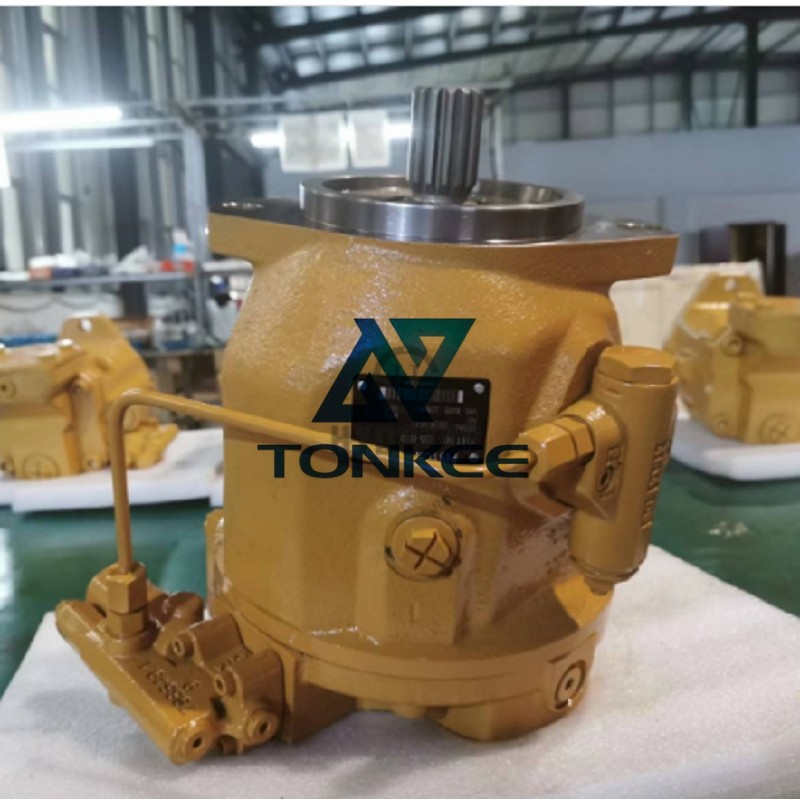
Piston pumps have a simple yet effective design.
They consist of a cylinder, a piston, inlet and outlet valves, and a power source, typically an electric motor or an internal combustion engine. The piston moves inside the cylinder, creating a reciprocating motion that generates fluid flow.
Operating Principle:
The operation of a piston pump is based on the principle of positive displacement. As the piston moves back and forth in the cylinder, it alternately draws in fluid through the inlet valve during the suction stroke and forces it out through the outlet valve during the discharge stroke. This constant volume displacement ensures a steady and consistent flow of fluid.
Flow Rate: Piston pumps can deliver a wide range of flow rates, from very low to high volumes, depending on the specific model and application requirements.
Pressure Rating: These pumps can generate high pressure, making them suitable for tasks that demand significant force, such as hydraulic systems and high-pressure cleaning.
Materials of Construction: The choice of materials varies based on the fluid being pumped. Common materials include stainless steel, cast iron, and various alloys to ensure compatibility and durability.
Temperature Range: Piston pumps can handle a broad temperature range, allowing them to work in both hot and cold environments.
Viscosity Compatibility: They are compatible with fluids of varying viscosities, from thin liquids to highly viscous substances like molasses or adhesives.
Seal Types: Piston pumps come with various seal options, including mechanical seals, packing seals, and diaphragm seals, which can be selected based on the application's requirements.
Drive Options: These pumps can be powered by electric motors, gasoline or diesel engines, or even pneumatic systems, offering flexibility in choosing the energy source.
Accuracy and Precision: Piston pumps are known for their high accuracy and precision in fluid delivery, making them suitable for metering and dosing applications.
Maintenance Requirements: Depending on the design and application, maintenance needs may vary. However, piston pumps generally require periodic inspection, lubrication, and seal replacement.
Noise Level: Some piston pumps can be noisy due to their reciprocating action, so noise dampening measures may be required in certain applications.



 English
English Русский язык
Русский язык



